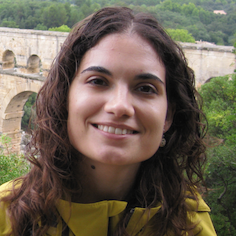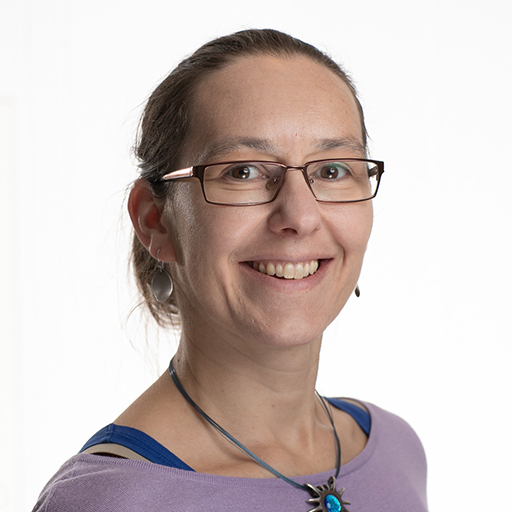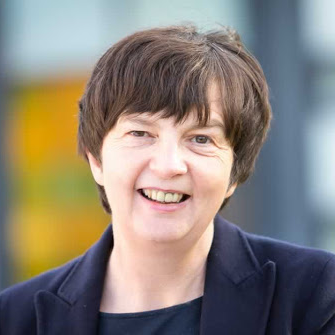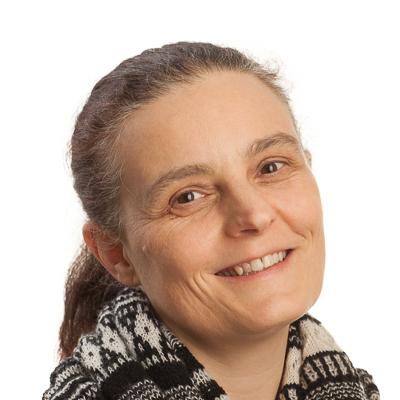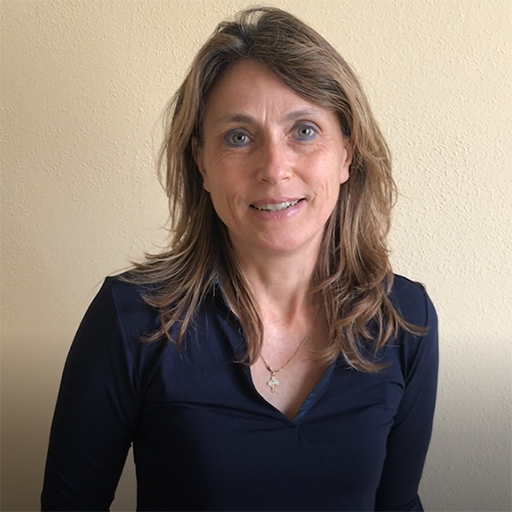
European educational policy reactions for technology-enhanced learning due to the COVID19 pandemic
17 April 2020, at 17:00 CET
Panel with Davinia Hernández-Leo,Viktoria Pammer-Schindler, Allison Littlejohn, Monica Divitini, Lucia Panese, moderated by Marco Kalz
Many countries worldwide had to close parts of their educational system recently due to the Covid-19 pandemic. Schools have been locked down and ad-hoc digital technologies have been used to support learning at a distance. At the same time, many higher education institutions have shifted the semester start and are currently busy with preparing a (full) online-semester. This situation has led to the fact that technology-enhanced learning has in a very short time become the mainstream with regard to learning and teaching practices. In the seminar, panelist will report about policy reactions from their country and implications for the field of technology-enhanced learning will be discussed. https://ea-tel.eu/panel/
Davinia Hernández-Leo
Universitat Pompeu fabra, Spain
Davinia Hernández-Leo is a Full Professor at the Department of Information and Communications Technologies Department (DTIC) at UPF, the coordinator of the Interactive and Distributed Technologies for Education group (TIDE), Vice-Dean of the UPF Engineering School and the Head of its Unit for Teaching Quality and Innovation. She obtained a degree and a Ph.D on […]
Viktoria Pammer-Schindler
Graz University of Technology
Viktoria Pammer-Schindler is an associate professor at Graz University of Technology, and a research area head at the Know-Center, a non-for profit research organisation. Her research is on designing and evaluating socio-interventions for workplace learning and knowledge work; and sits at the intersection of technology-enhanced learning, human-computer interaction and information system research.
Allison Littlejohn
University College London, United Kingdom
Professor Allison Littlejohn is the Director of UCL Knowledge Lab. She a learning scientist, specializing in professional and digital learning. Her expertise is in applying educational theory and evidence to developing and evaluating complex interventions for professional learning which capitalize on the use of digital technologies. Her work has made contributions to the understanding of […]
Monica Divitini
Norwegian University of Science and Technology, Norway
Monica Divitini is professor of Cooperation Technology at the Department of Information and Computer Science, NTNU, Trondheim, Norway. She holds a PhD in Computer Science from Aalborg University, Denmark. Her research interests lie primarily in the areas of cooperation technology and technology enhanced learning, with focus on the development and evaluation of cooperation technologies addressing issues connected to […]
Lucia Panese
Imaginary srl, Italy
Lucia Pannese graduated in Applied Mathematics, has more than 20 years of managing experience in innovation & research projects with a special focus on digital interactive technologies to deliver user experiences. In Feb 2004 funding partner of imaginary, where she covers the role of CEO and research director, she is heavily involved in European research […]
Marco Kalz
Heidelberg University of Education, Germany
Marco Kalz is a full professor of technology-enhanced learning at the Heidelberg University of Education. He is also affiliated to the UNESCO chair of open education of the Open University of the Netherlands. His research interest lies on the use of open education, pervasive technologies and formative assessment to support self-directed lifelong learning. He has […]
